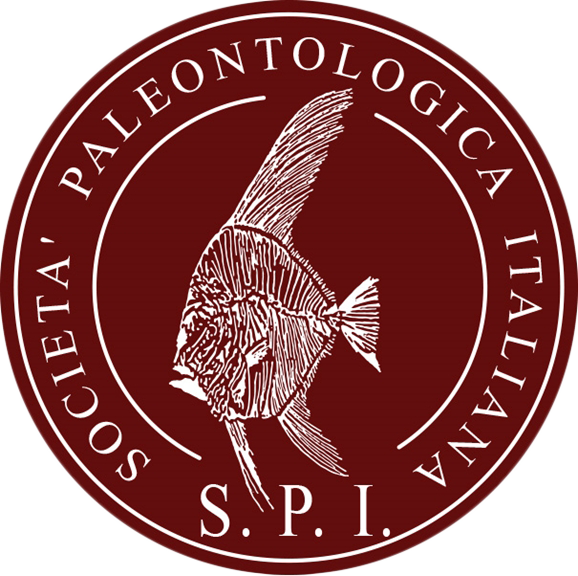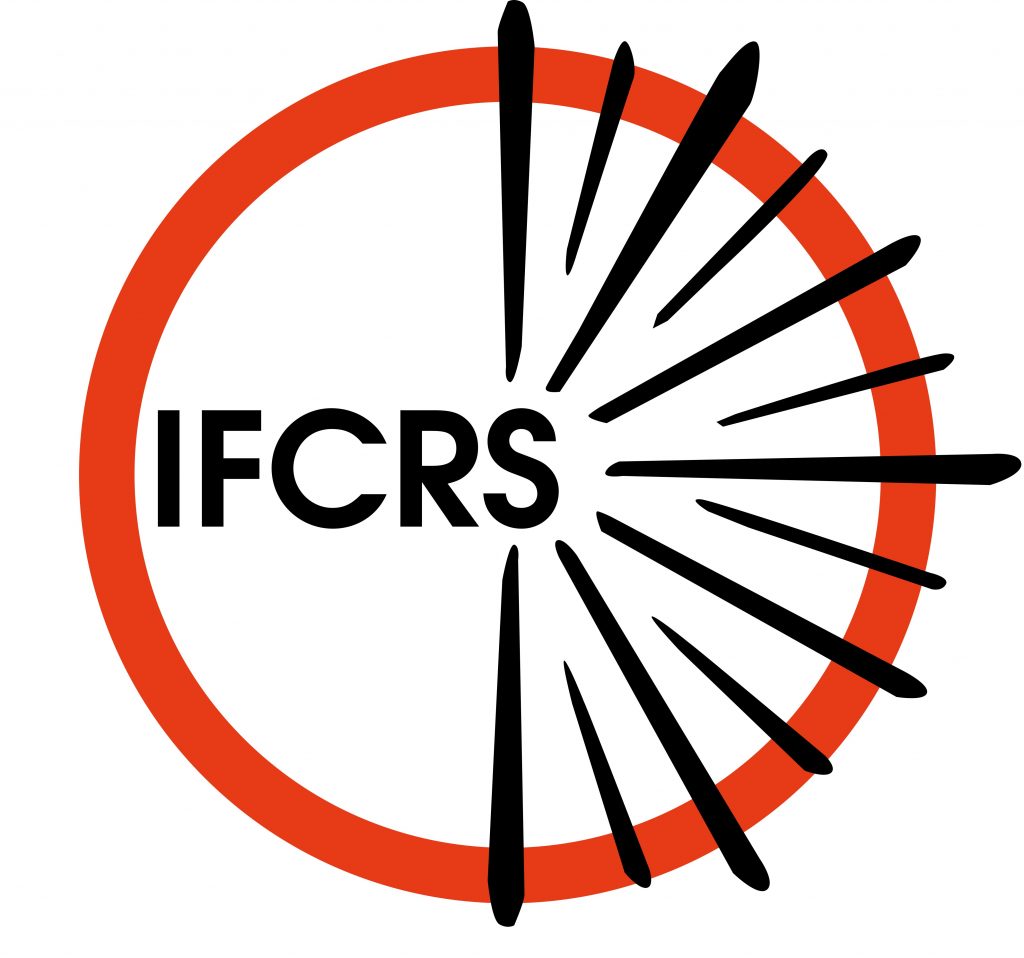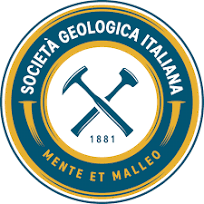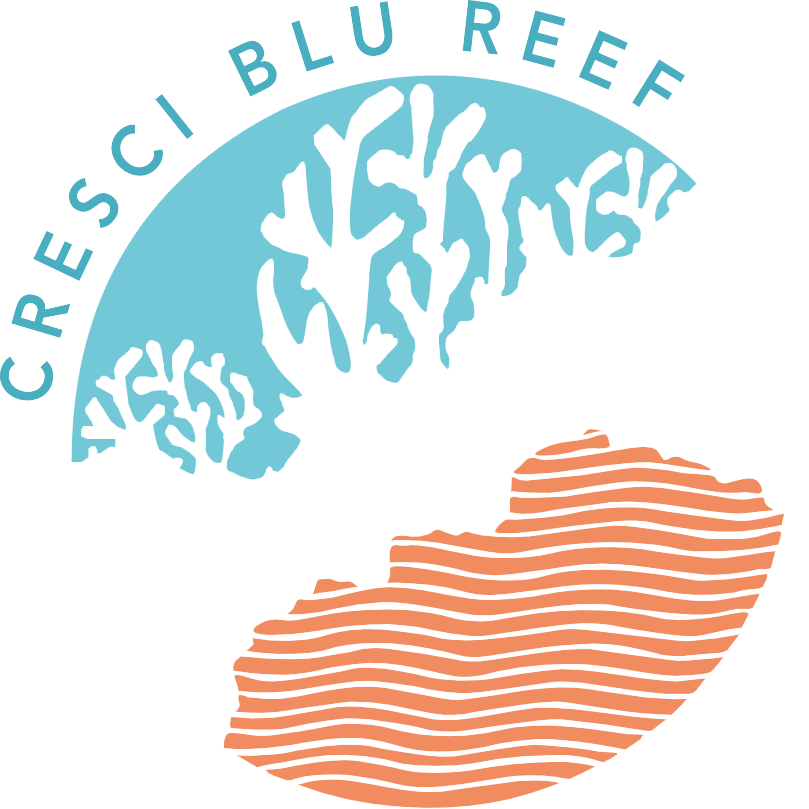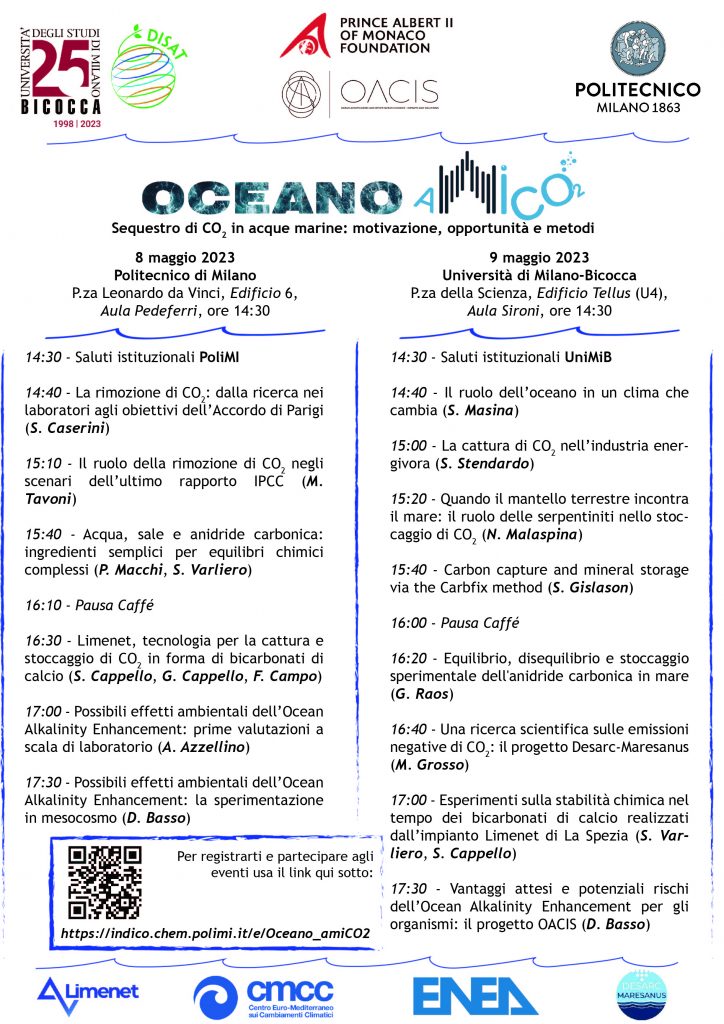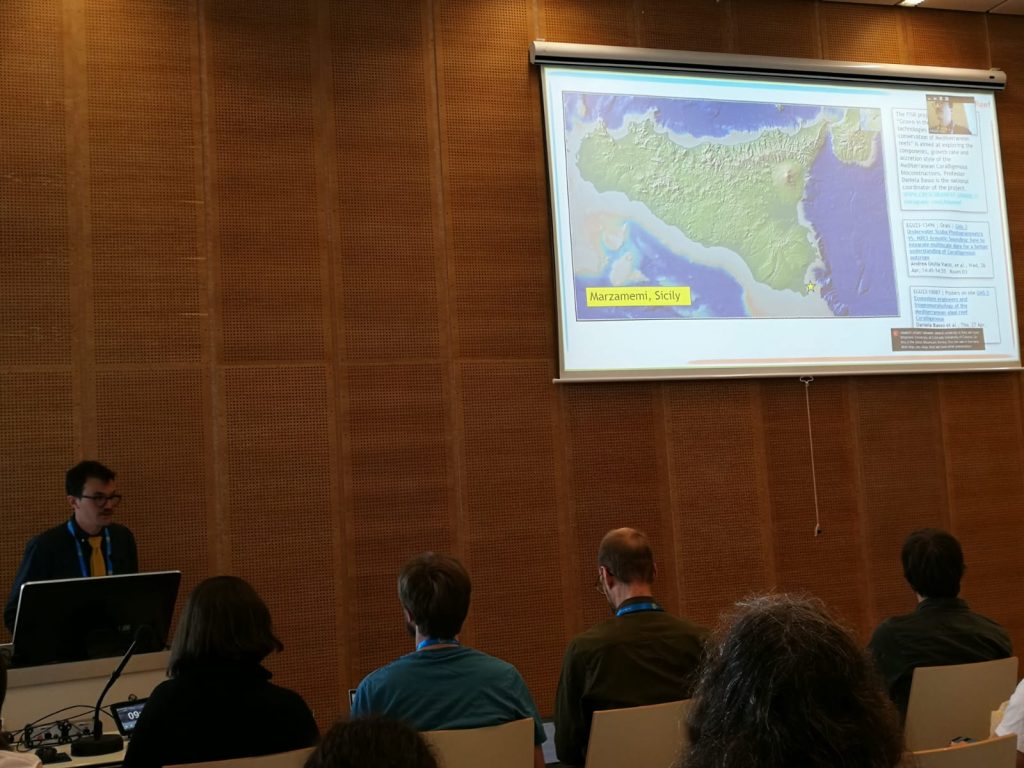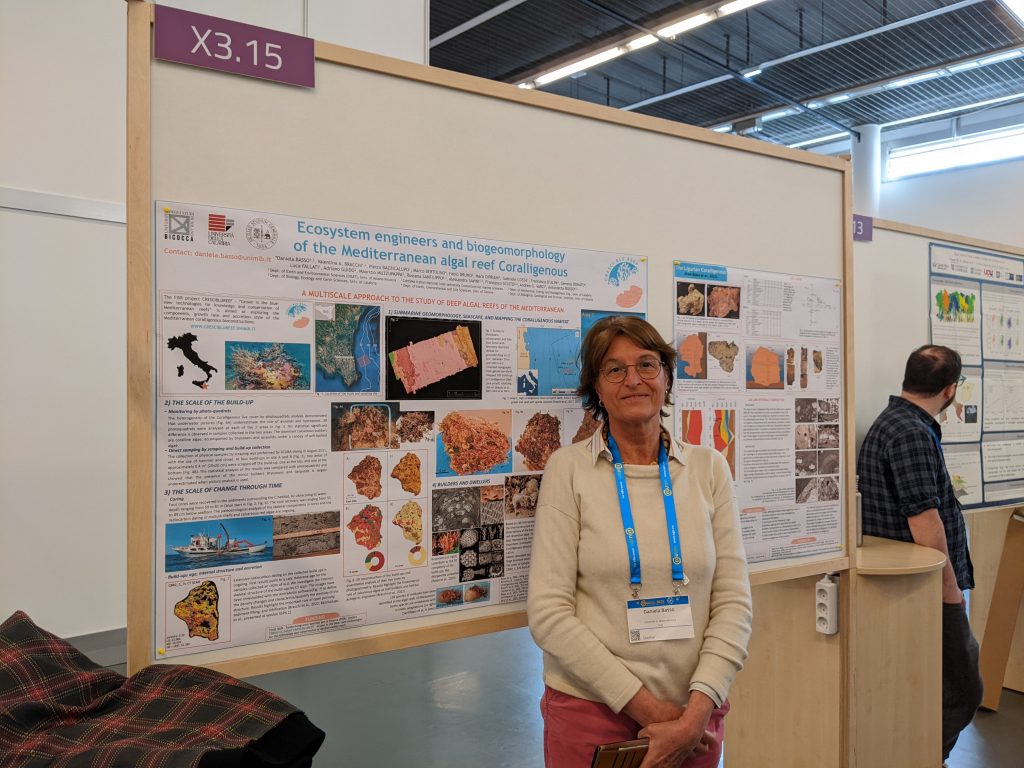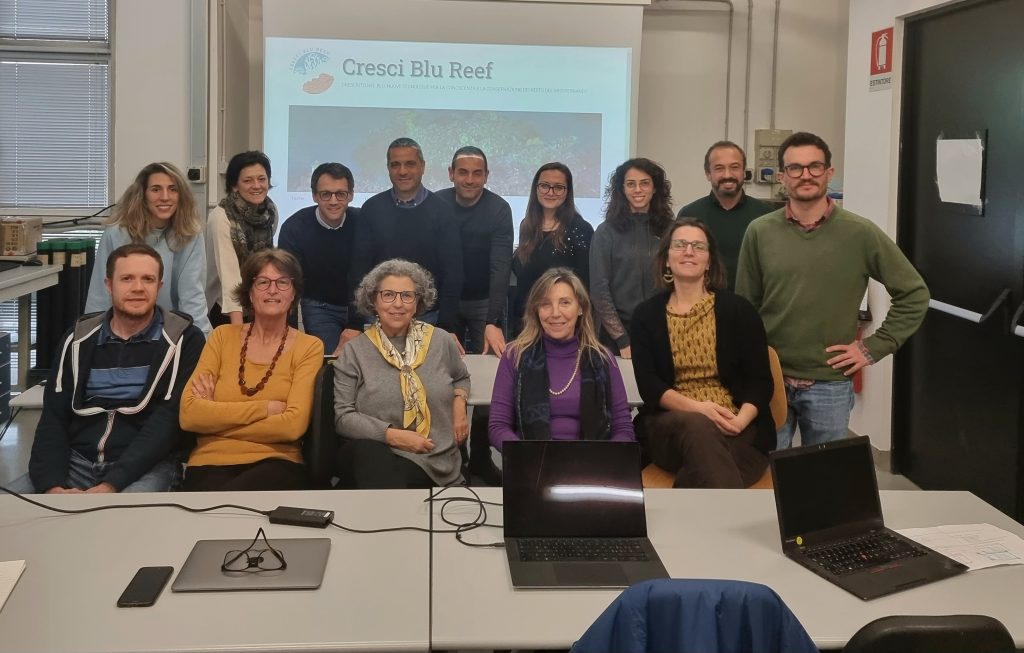Thank you for your support!
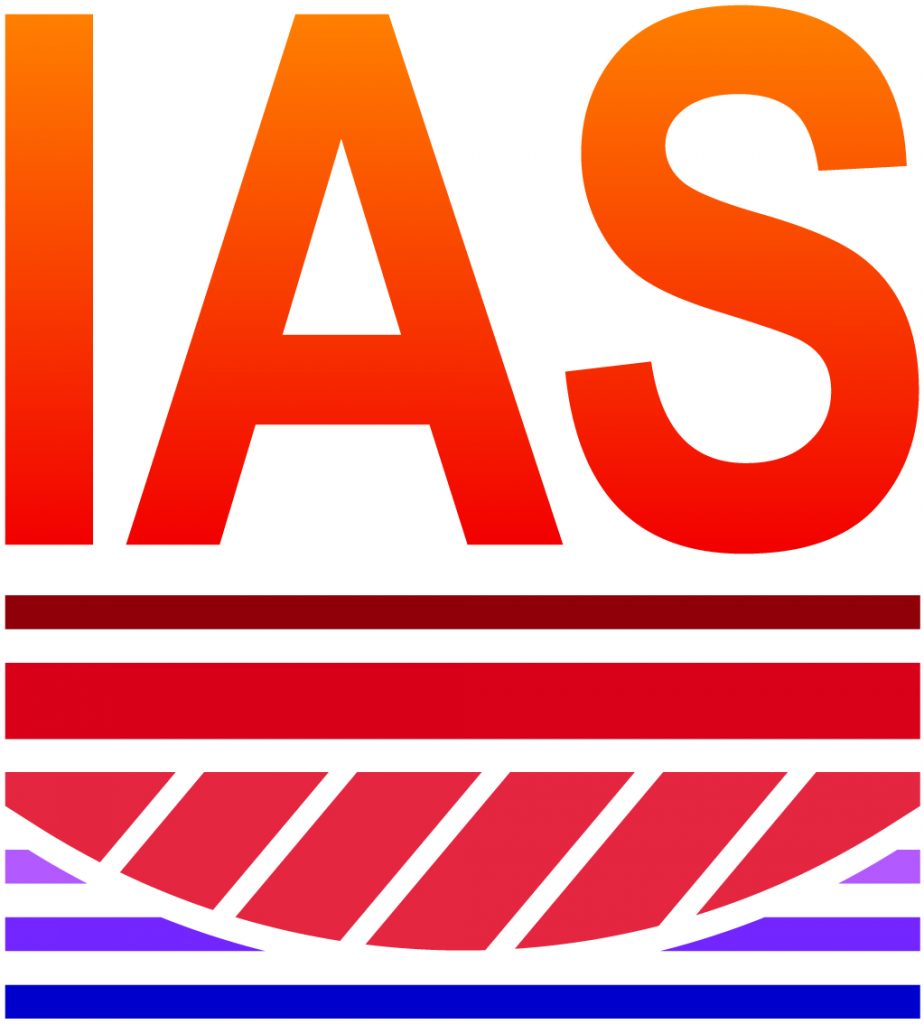
The 13th International Symposium on Fossil Algae has the patronage of the Società Geologica Italiana and Società Paleontologica Italiana, and of the International Fossil Coral and Reef Society. Moreover, we are grateful to the International Association of Sedimentologists for a sponsorship in the framework of the IAS sponsored conference initiative.
